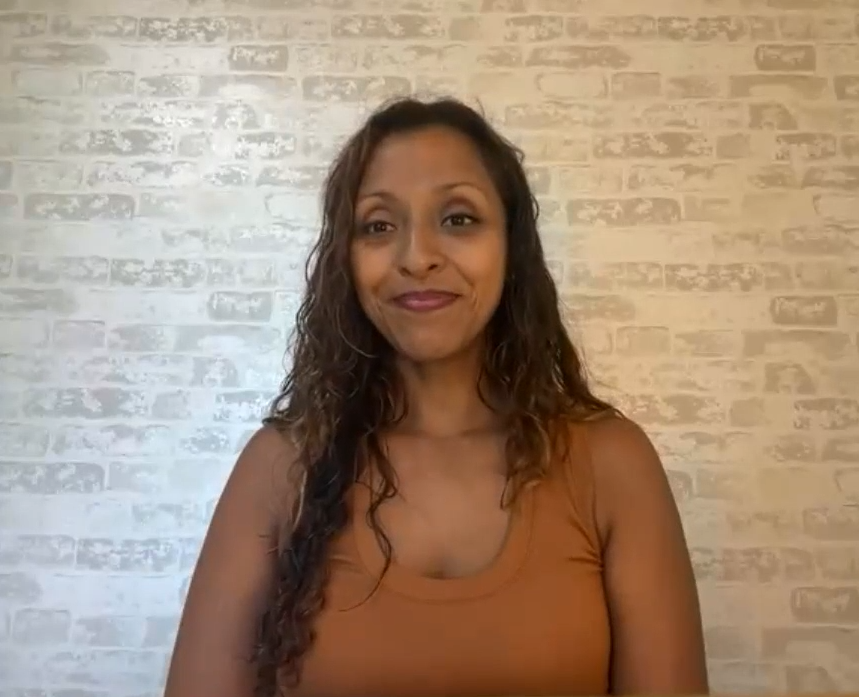Ruth

2 years since diagnosis
Age at interview: 40
Ruth experienced a severe case of COVID in May 2020 and recovered only briefly before experiencing symptoms (e.g., fatigue, shortness of breath, weakness, severe neurological symptoms, and fast heart beat) that continued long-term. Ruth had a difficult time at first getting health professionals to believe that she was experiencing long-COVID, even being told “you must want to be sick” and “watching news related to COVID is giving you anxiety”. Eventually she found supportive physicians who took her case seriously and have provided her with referrals to specialists and medications to help manage her symptoms. However, those initial health care experiences left her feeling traumatized and created distrust in the health care system. Ruth was still experiencing symptoms at the time of the interview, about two years since her initial COVID infection, and described how it has completely turned her life upside down (e.g., she had to quit a job that she loved, can no longer do things she enjoys such as gardening and panting ). It took a while for Ruth to accept her new reality but she has worked with a therapist to get to a point of accepting that she might never return to normal. Instead she celebrates small wins and uses her experience to educate others and advocate for herself and others living with long-COVID.
More content
- Mental Health Support – RuthRuth finds that working with a psychologist who understands chronic illness helps her accept her life as it is now.
- Symptoms of Long COVID – RuthFor Ruth, the PEM is the hardest symptom to deal with.
- Recovery and Thoughts About the Future – RuthRuth explains why she tries to live in the present.
- Coping Strategies and Self Care – RuthRuth was reluctant to get a mobility scooter but now thinks it's great.
- Loss of Income and Need for Financial Support – RuthRuth now has long-term disability support but getting it was a long and complex process.
- Helpers and Caregivers Living With Long COVID – RuthRuth finds it hard that she is now the one who needs help.
- Impacts on Partners and Households – RuthRuth regrets that she can no longer contribute to her house and home as she used to.
- Psychosocial Impacts – RuthRuth no longer trusts her body.
- Impacts on Self and Daily Life – RuthRuth says long COVID is the hardest thing she has ever had to deal with in her life.
- Impacts on Self and Daily Life – RuthRuth is glad to be regaining her ability to read and listen to music.